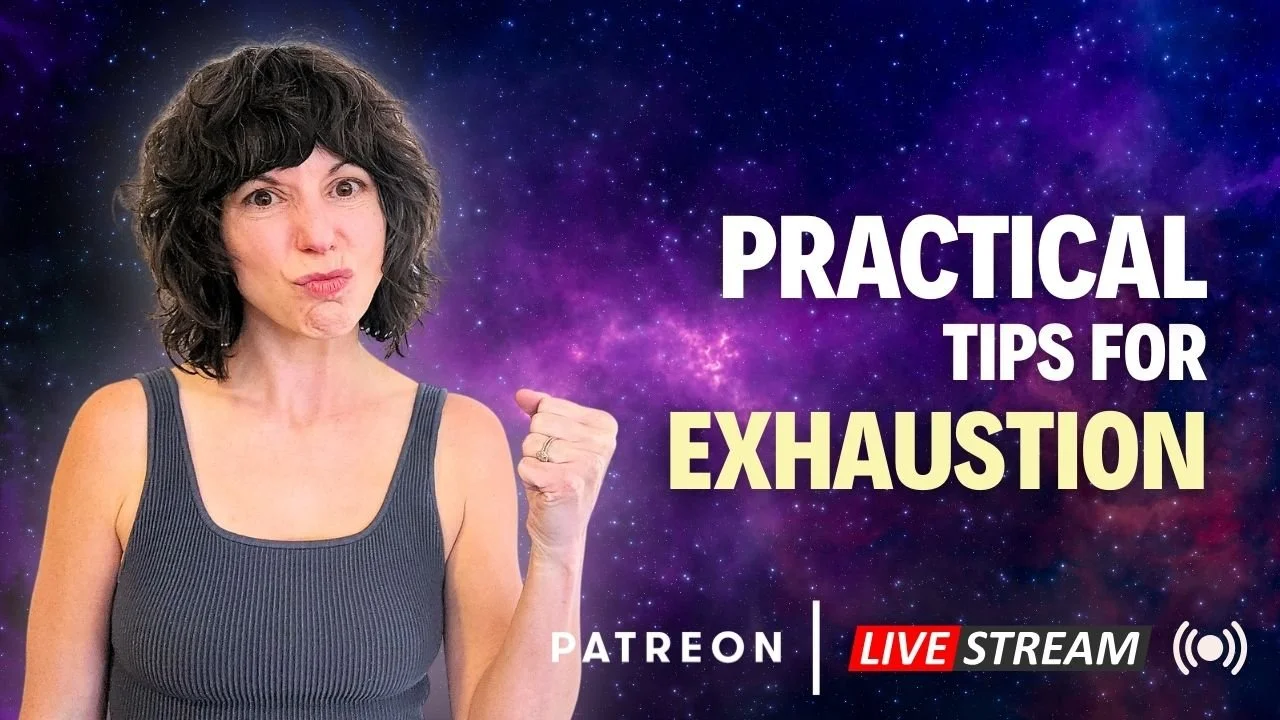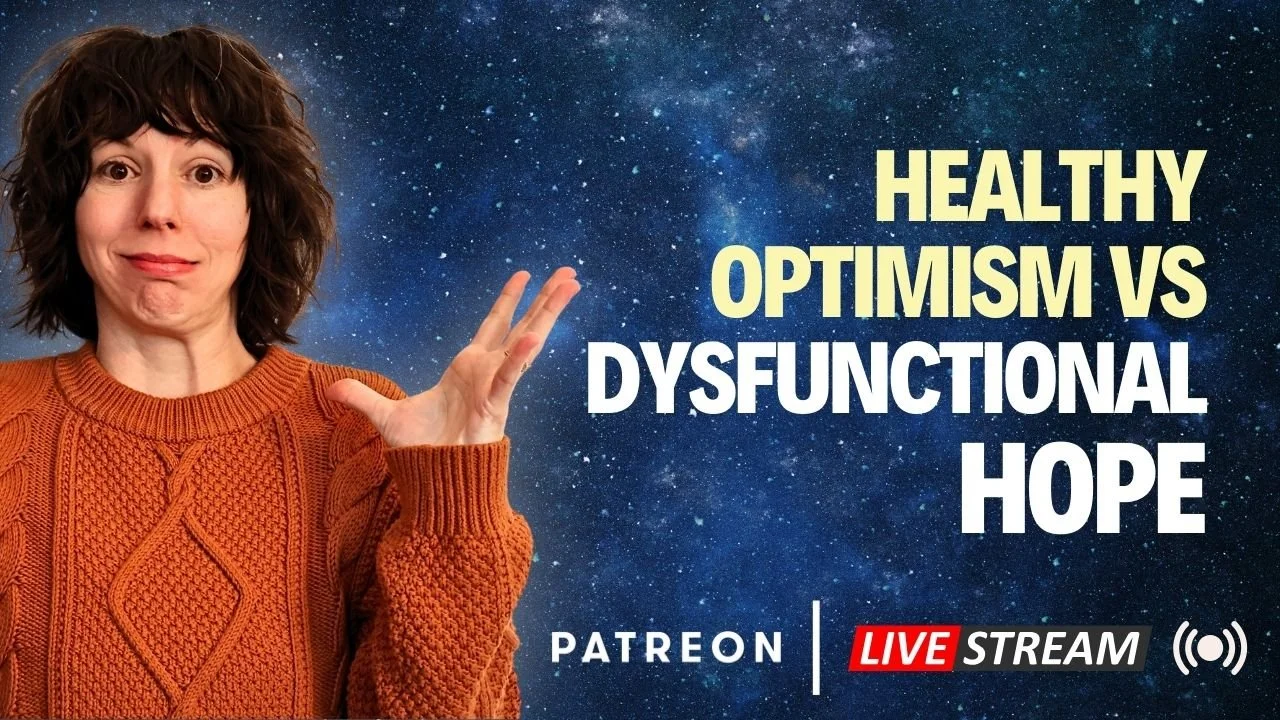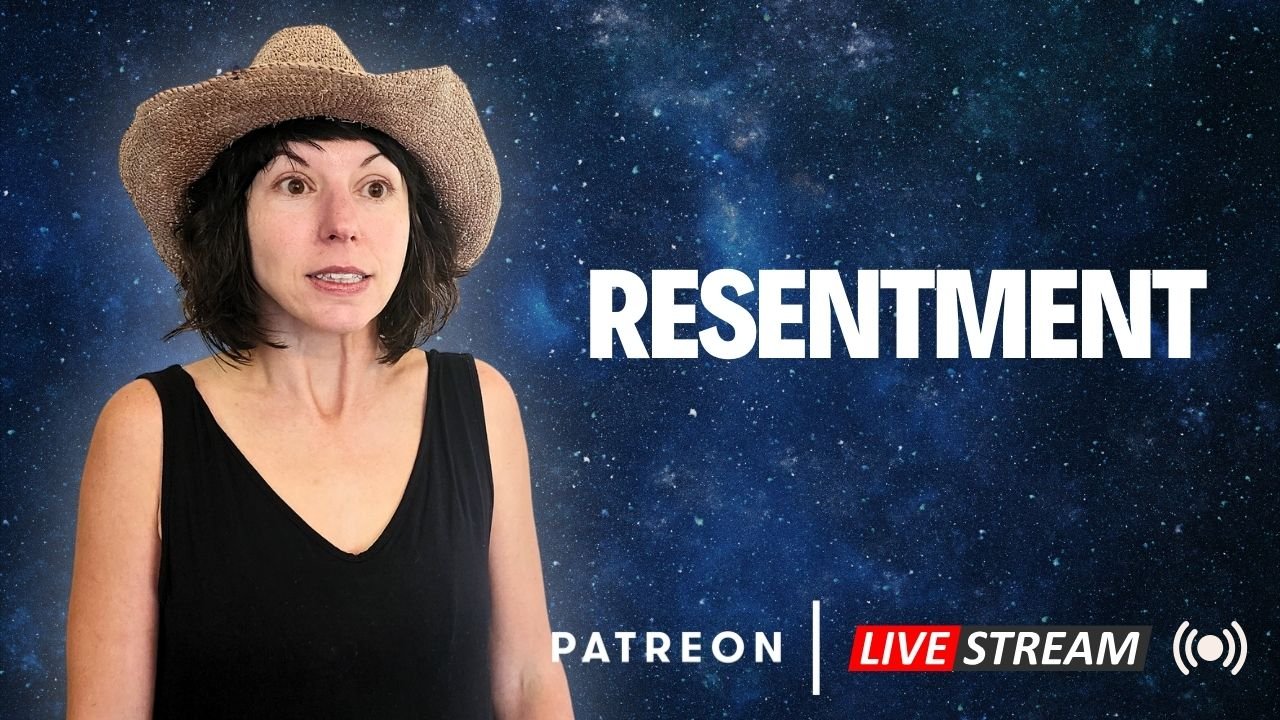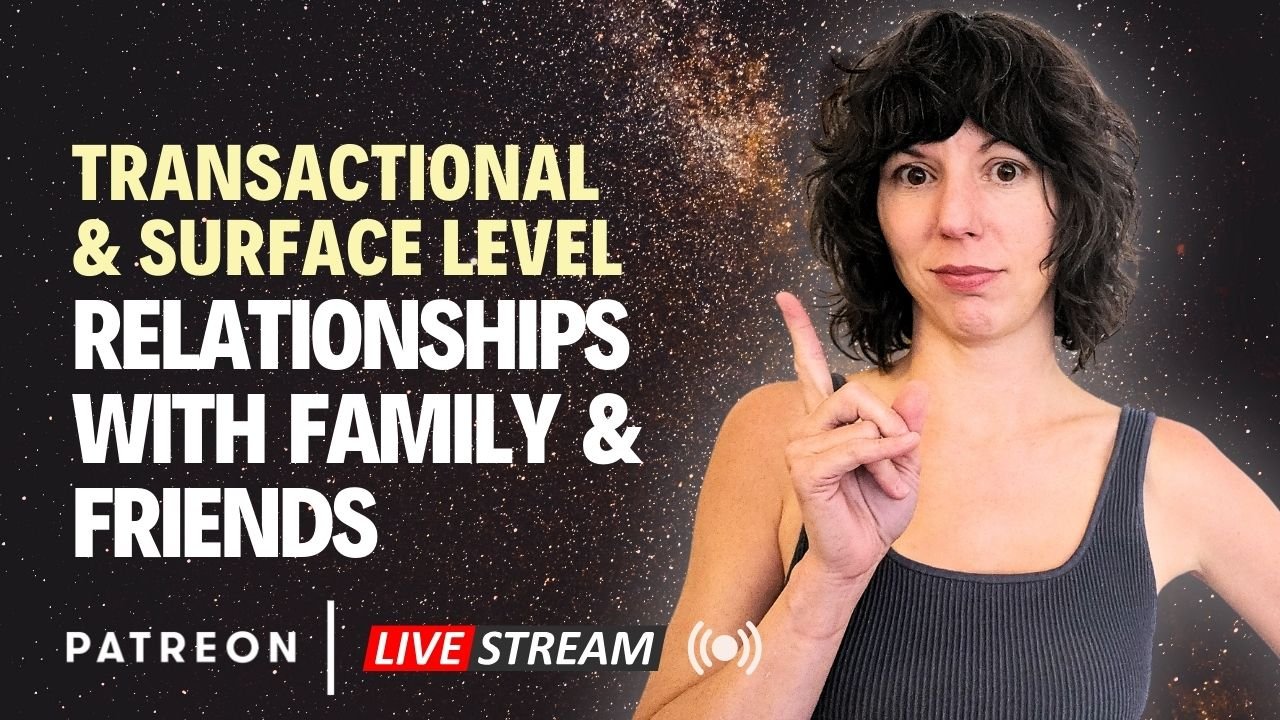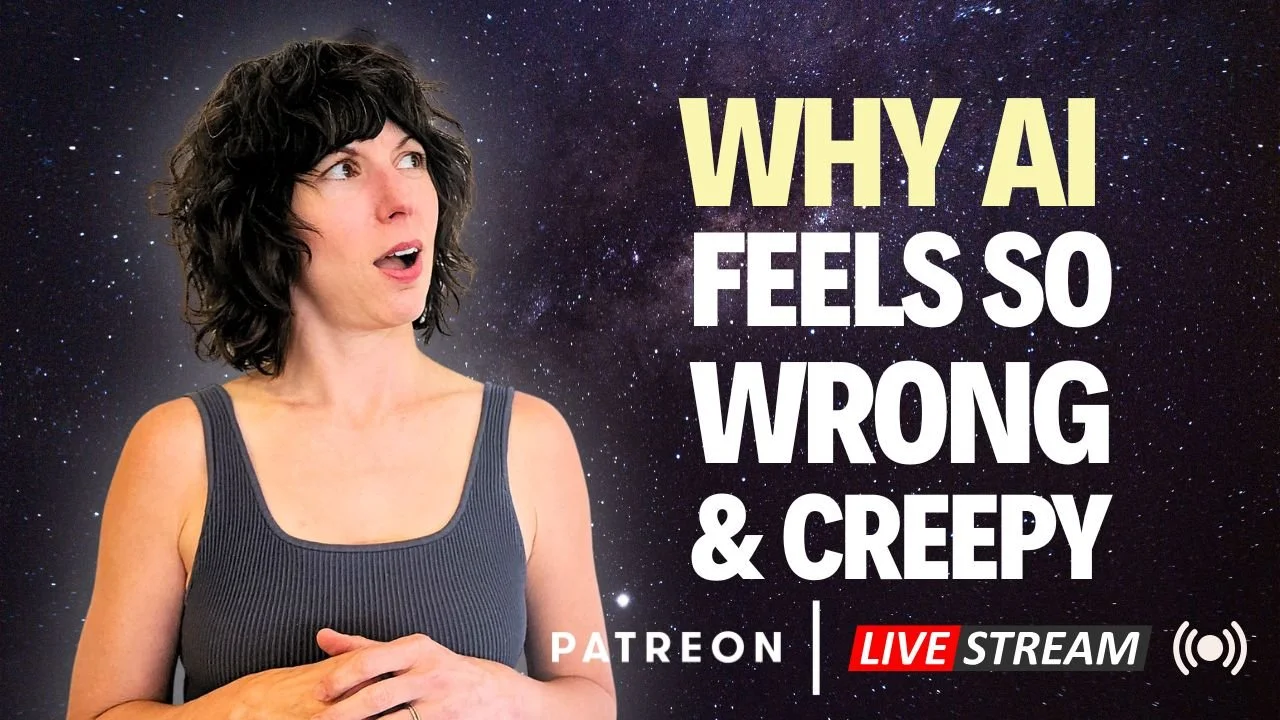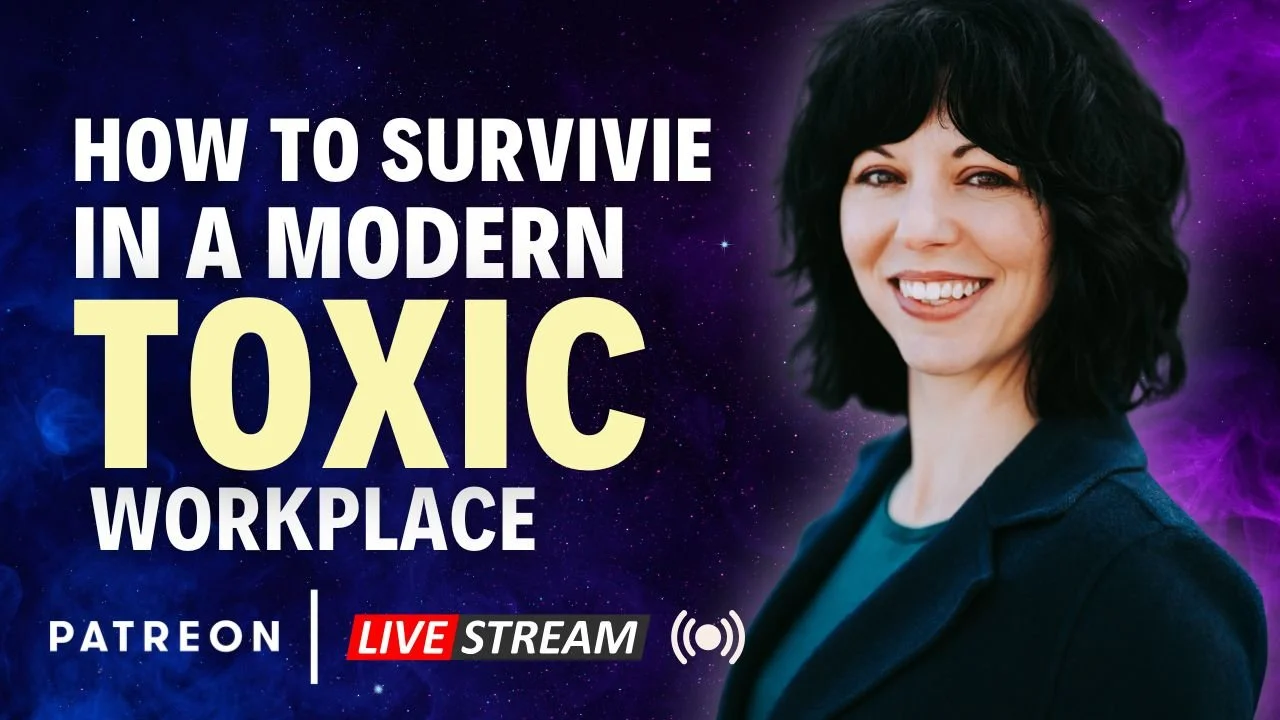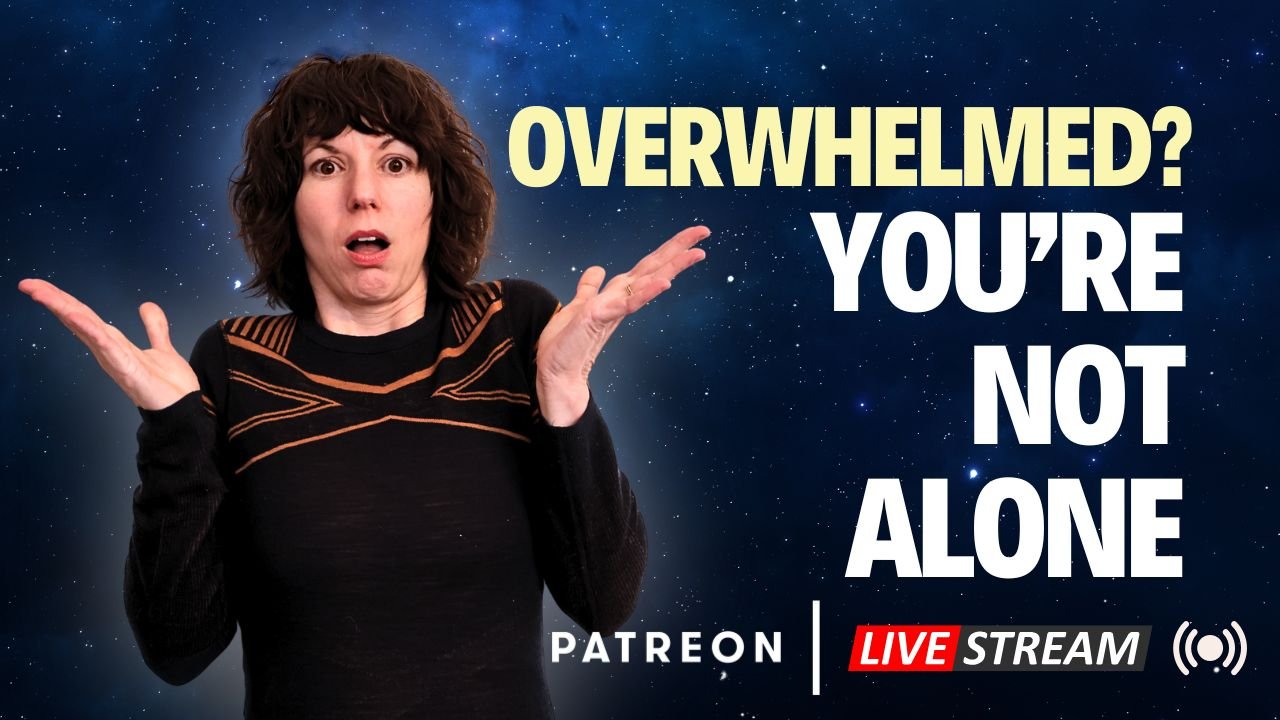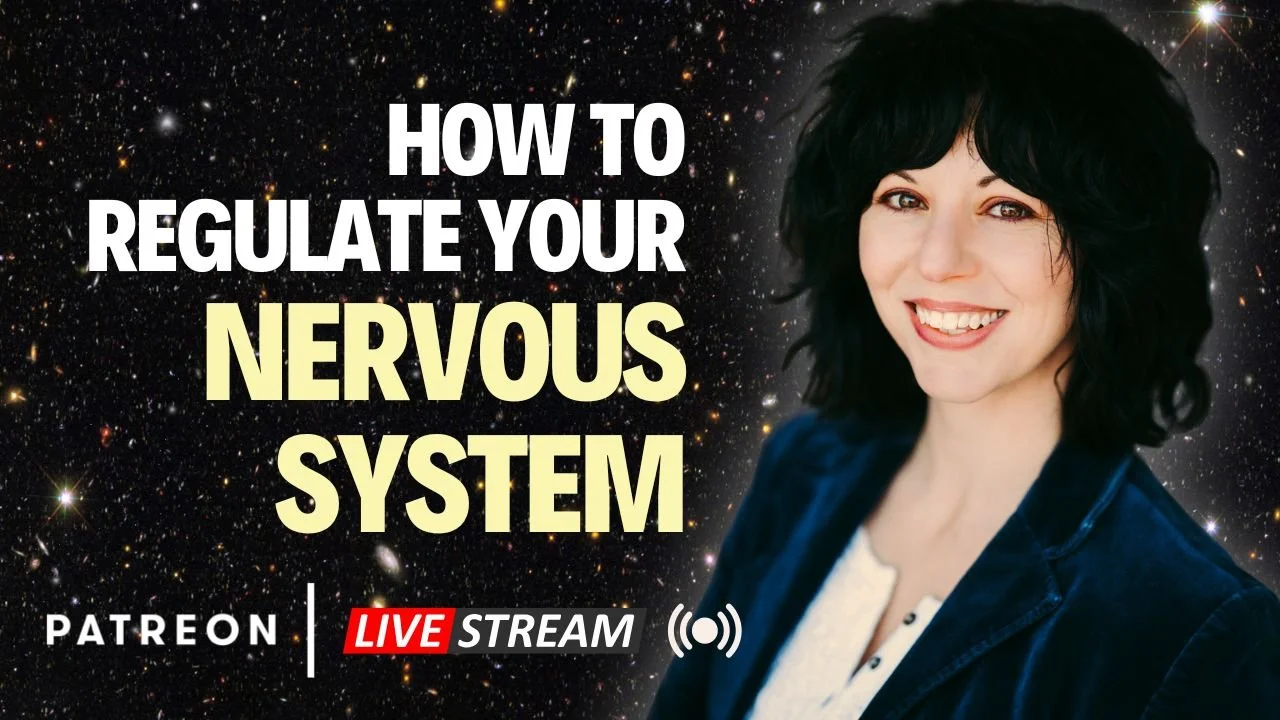How Do Highly Sensitive People Manage Triggers in their Relationships?
How Do Highly Sensitive People Manage Triggers in their Relationships?
I am often asked by Highly Sensitive People (HSPs) and trauma survivors if relationships are easier, because both people are sensitive. Although this makes sense in some ways, every relationship—whether a romantic relationship or friendship—has its challenges. If one or both partners are healing from trauma, there may still be triggers. This is particularly true for people who are recovering from childhood trauma.
So, what happens in our relationships when we get triggered? Without understanding and owning our triggers, we often end up in trigger loops with our partners. Here’s a scenario that I sometimes find myself in: I’m highly sensitive and something happens to upset me. My partner recognizes my upset feeling and asks, “Why are you upset?” Then, I become even more upset because I sense that he’s upset. Suddenly, without even knowing how or why, we’re in an upset loop. How many times have we been in an argument, when halfway through or at the end, we really had no idea how we got there? When we feel this way, it’s very likely that we’re triggered.
When we name the triggered feeling, we can break free of the exhausting loops and come to a clear and grounded place. Here’s another scenario: “I’m an HSP and something happens to upset me. I say to my partner, “I am triggered.” When I name this, he knows to support me by giving me the time and the space to calm and release the overwhelm of emotions. He also understands not to take anything personally while I am triggered. Once I have emotionally come down, then I am able to have a deep, clear, and connected conversation so we can move forward. With practice, I have been able to move through this process faster and easier.
Let’s use boxing to break down the naming process further. Think of a boxing ring with two fighters and a referee. When the fight becomes too intense, the referee rings the bell, and the fighters retreat to their corners. Now consider what this might look like in our relationships. If there was a boxing referee in our homes, he would ring the bell the moment one person or both people in the relationship get triggered. When we hear the ‘ding’ of the bell, we would go back to our corners to ground and come down. I want to empower all of us to ring our own bells when we get triggered
In a healthy relationship, there is a greater chance of being understood, heard, and supported through our healing journey. We can cultivate being the referee not only for ourselves, but also for our partners. For example, if I’m having a bad day, my partner can say with love and care, “Hey Nikki, ‘ding, ding, ding.’” When I hear him ring the bell for me, I can say, “Oh ok. Thank you for the reminder,” and go to my corner for a break. However, if we’re in a relationship with a narcissist, our partner might not be able to ring the bell for us in the trusting and supportive way we desire. Narcissists—covert and overt—are all about themselves and want to be the one in control. Their ‘dings’ might sound something like this: “‘Ding, ding, ding.’ Ha! You’re screwing up again. It’s your fault. It’s always your fault. It’s never my fault because you’re the one with trauma.”
So, how do we learn how to ring our own bells? The key is to practice with safe, healthy people. This is why, as HSPs and trauma survivors, we often seek out healers. Safe people see us, feel us, and want what’s best for us. We trust that they will give us the support we need to practice ringing our own bells, sometimes imperfectly. By naming when we are triggered in our relationships, we can own and heal our trauma. It’s a lifelong healing journey that doesn’t have to be lonely. It’s also one that can be joyful and proud.
To hear the exclusive podcast episode that inspired this blog, join our growing seeker's community at Patreon here
Love and Light,
Nikki
Episode Tags
- ADD 1
- Abuse 17
- Alcohol 3
- Anger 11
- Archetypes 1
- Bullying 6
- Childhood 37
- Codependency 10
- Covid 4
- Crystal Catalina 4
- Depression 15
- Detachment 2
- Disassociation 4
- Emotions 75
- Existentialism 2
- Faith 1
- Family 28
- Fatigue 4
- Focus 3
- Gratitude 11
- Grief 14
- Guilt 2
- Healers 7
- Healing 52
- High Sensation 4
- Hope 1
- Hypervigilance 7
- Introverts 6
- Lonliness 9
- Love 3
- Manifesting 5
- Manipulation 20
- Masculinity 1
- Men 1
- Mindfulness 39
- Money 10
- Music 3
- Nutrition 2
- Overthinking 8
- PTSD 13
- Parenting 12
- People Pleasing 9
- Perfectionism 6
- Pets 4
- Relationships 21
- Resiliency 14
- Sadness 1
- Self Esteem 19
- Self Love 11
- Self Respect 1
Upcoming Events
Episode Tags
- ADD 1
- Abuse 17
- Alcohol 3
- Anger 11
- Archetypes 1
- Bullying 6
- Childhood 37
- Codependency 10
- Covid 4
- Crystal Catalina 4
- Depression 15
- Detachment 2
- Disassociation 4
- Emotions 75
- Existentialism 2
- Faith 1
- Family 28
- Fatigue 4
- Focus 3
- Gratitude 11
- Grief 14
- Guilt 2
- Healers 7
- Healing 52
- High Sensation 4
- Hope 1
- Hypervigilance 7
- Introverts 6
- Lonliness 9
- Love 3
- Manifesting 5
- Manipulation 20
- Masculinity 1
- Men 1
- Mindfulness 39
- Money 10
- Music 3
- Nutrition 2
- Overthinking 8
- PTSD 13
- Parenting 12
- People Pleasing 9
- Perfectionism 6
- Pets 4
- Relationships 21
- Resiliency 14
- Sadness 1
- Self Esteem 19
- Self Love 11
- Self Respect 1











